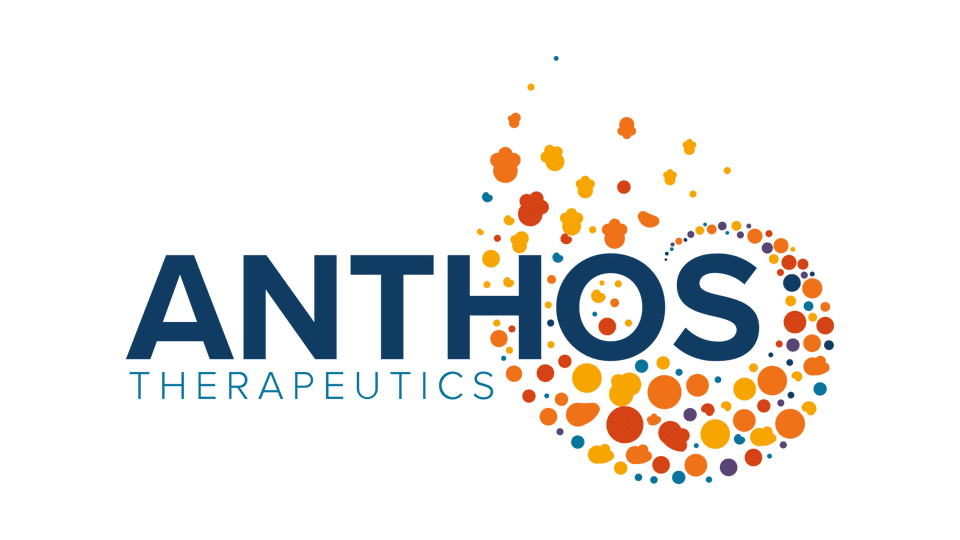Anthos hails win over Xarelto with novel anticoagulant

Anthos Therapeutics says a phase 2b trial of its factor XI inhibitor anticoagulant abelacimab has been stopped early due to an “overwhelming” reduction in bleeding complications compared to Bayer and Johnson & Johnson’s Xarelto in patients with atrial fibrillation (AF).
The results provide further evidence that abelacimab could fulfil its potential of tackling the formation of harmful blood clots (venous thromboembolism or VTE) in diseases like AF without affecting the normal processes of blood clotting (haemostasis).
The AZALEA-TIMI 71 trial is billed as the “largest and longest” head-to-head comparison of a factor XI inhibitor with a direct oral anticoagulant (DOAC), a class which has come to dominate the market for antithrombotic therapies.
According to Cambridge, Massachusetts-based Anthos, which is backed by private equity group Blackstone and licensed abelacimab from Novartis, it is the first and only drug in its class to demonstrate a reduction in major bleeding compared to a DOAC.
Other, larger companies have also been trying to bring a factor XI inhibitor to market, notably Bayer with asundexian and Bristol-Myers Squibb and Johnson & Johnson with milvexian, which are both orally active and in late-stage development.
Anthos has said it thinks abelacimab could have an advantage over those rivals as it is a dual factor XI and XIa inhibitor, while asundexian and milvexian only target the latter, and also offers once-monthly subcutaneous dosing that could improve compliance over the daily oral therapies.
“Given AZALEA-TIMI 71’s overwhelming reduction in bleeding, together with an 80% reduction in thrombosis demonstrated in our earlier VTE study, abelacimab embodies its promise as a haemostasis-sparing anticoagulant and represents a paradigm shift in the prevention of stroke and other thrombotic conditions,” remarked Dan Bloomfield, Anthos’ chief medical officer.
“If approved, more patients with atrial fibrillation could be treated effectively and safely, with a much lower risk of bleeding with abelacimab as compared to a DOAC,” he added.
Xarelto is one of the top-selling DOACs on the market, bringing in around $2.5 billion in revenues last year, giving an indication of the potential market that abelacimab could address.
Patients taking Xarelto in AZALEA-TIMI 71 will be able to transition to abelacimab treatment in an extension study. Anthos, meanwhile, has already moved abelacimab into a phase 3 trial called LILAC-TIMI 76 that will involve around 1,900 high-risk AF patients deemed unsuitable for current anticoagulants by their physician.













